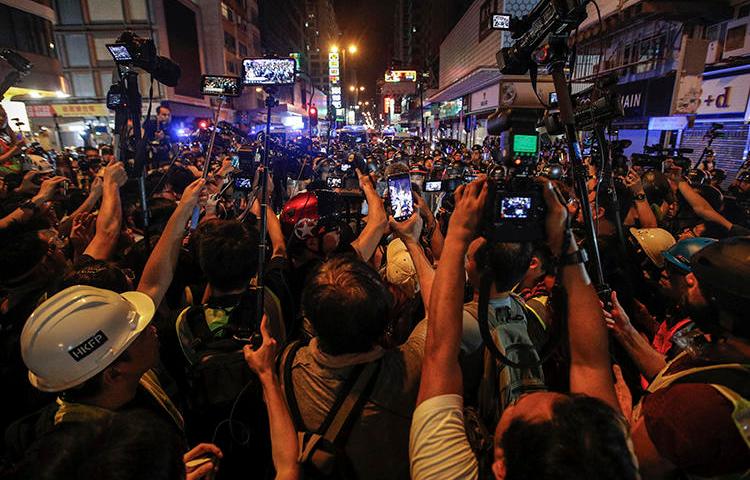Iris Hsu
Iris Hsu is CPJ's China representative. Prior to joining CPJ, Hsu interned at Human Rights Watch, Center for Arms Control and Nonproliferation, and the Atlantic Council. Hsu obtained her master's degree in international affairs from American University. She speaks Mandarin and French and lives in Taipei. Follow her on LinkedIn.
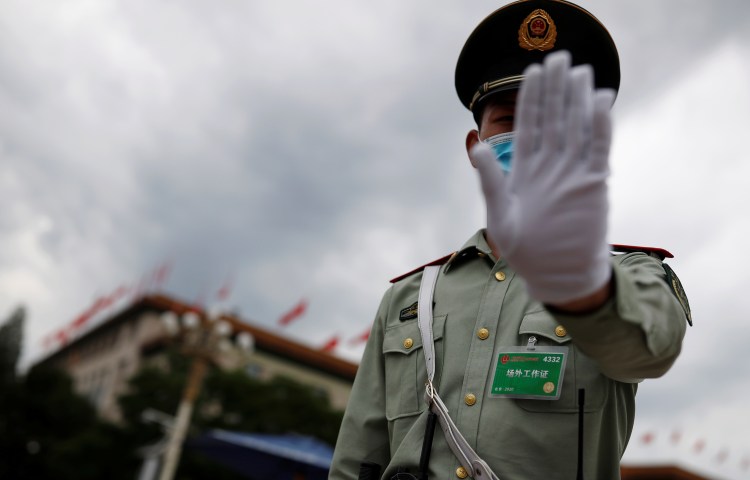
China’s COVID-19 countermeasures include restricting press freedom
In the nearly 71 years of Communist Party rule in China, the country’s citizens have enjoyed brief periods of relatively free speech, as during the abortive Hundred Flowers Campaign in 1956-57, or the run-up to the 2008 Beijing Olympics, when investigative journalists covered local corruption and pollution. When the coronavirus outbreak first began spreading in…
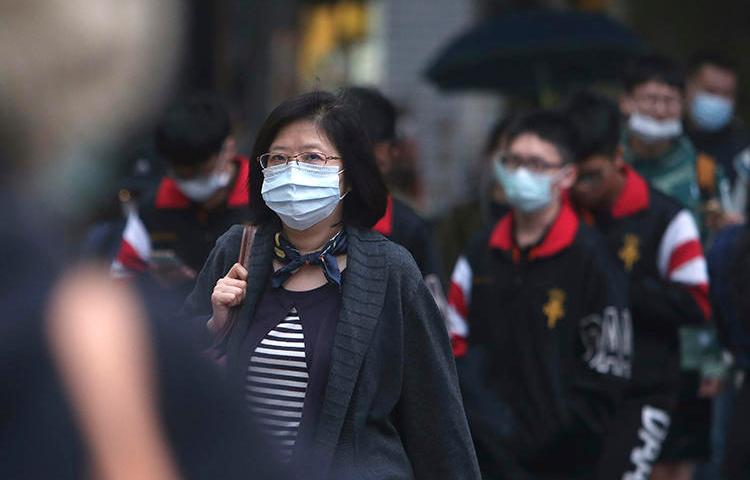
Reporter Brian Hioe on dealing with misinformation in Taiwan amid pandemic
Brian Hioe is an editor for the New Bloom Magazine, a news website that covers social issues, politics, and culture in the Asia Pacific region. He also works as a freelance journalist in Taiwan, where the government has been praised for its responses to the COVID-19 pandemic.
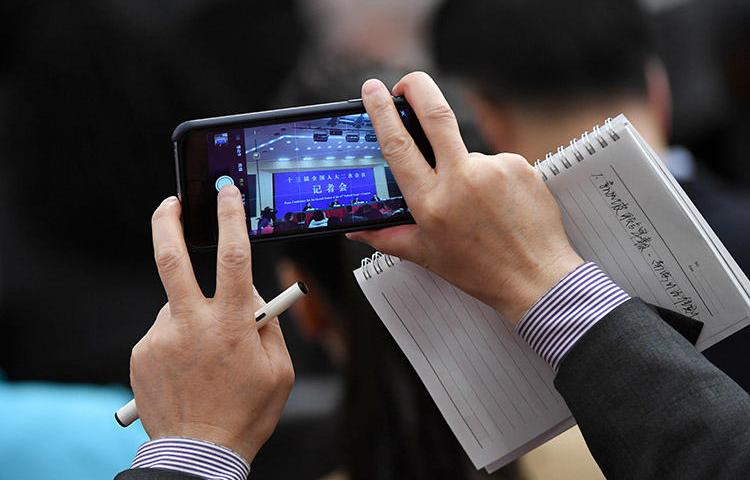
China uses visa process to intimidate foreign press, FCCC survey finds
Conditions for foreign correspondents in China deteriorated in 2019, the Foreign Correspondents’ Club of China (FCCC) annual survey found. The report, published today, noted that for a second year none of the respondents gave a positive response when asked if conditions had improved.
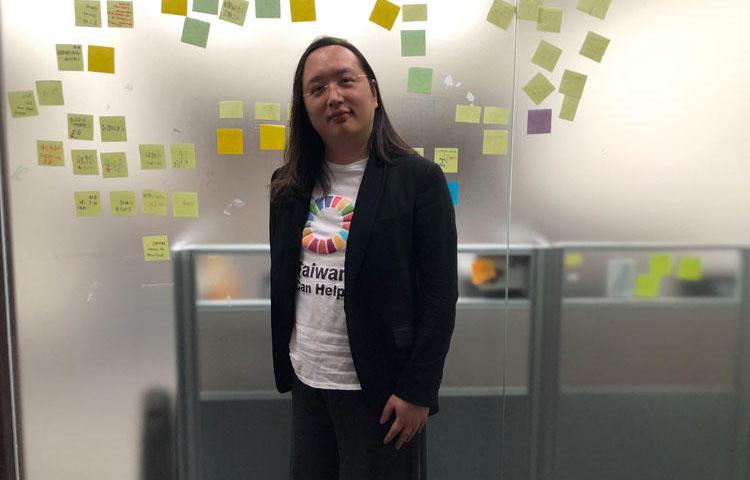
Q&A: Taiwan’s digital minister on combatting disinformation without censorship
Audrey Tang prefers precise language. During an interview, Taiwan’s minister without portfolio – Tang’s name card simply says “digital minister” – makes a swift correction when we mention the term “fake news.” The preferred term is “disinformation” because, Tang says, it has a legal definition in Taiwan: “That is to say, intentional, harmful untruth, and…
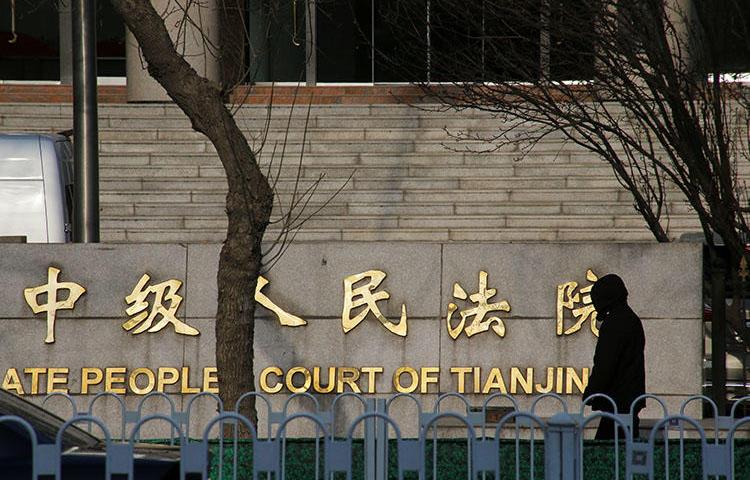
How many journalists are jailed in China? Censorship means we don’t know
Reporting on China’s harassment of journalists has never been easy. Lately it’s been getting much harder, which suggests that conditions for the press could be worsening. At least 47 journalists were jailed in China at the time of CPJ’s 2018 prison census and I am investigating at least a dozen other cases, but the details…
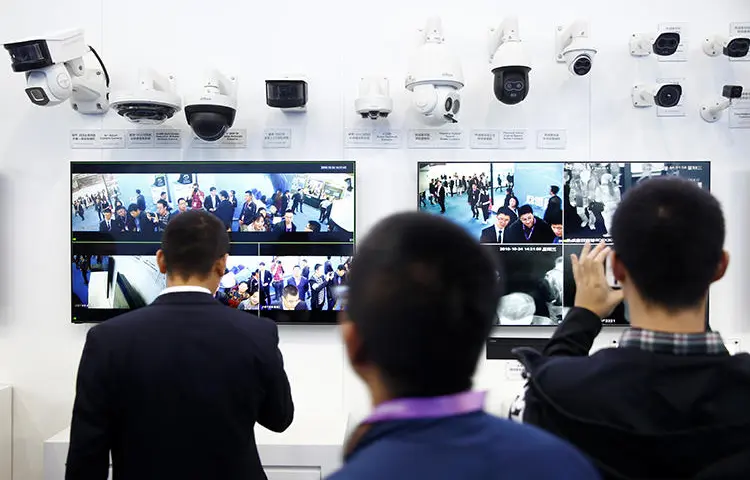
Surveillance tops foreign correspondents’ concerns in China, FCCC finds
Working conditions for foreign correspondents in China further deteriorated in 2018, according to the Foreign Correspondents’ Club of China annual survey. The report, “Under Watch: FCCC Annual Working Conditions Report 2018,” highlights growing digital and human surveillance, as well as government interference in reporting in China.
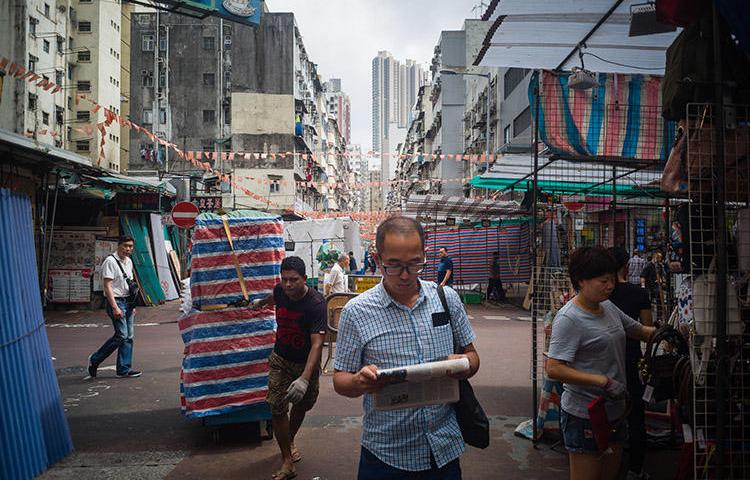
Hong Kong Journalists Association finds press freedom further restricted by ‘one country’ principle
In its annual report, released July 29, the Hong Kong Journalists Association found that press freedom has gone backward as the administrative region seeks to implement legislation to criminalize critical opinions toward China’s “one country” policy and Beijing.
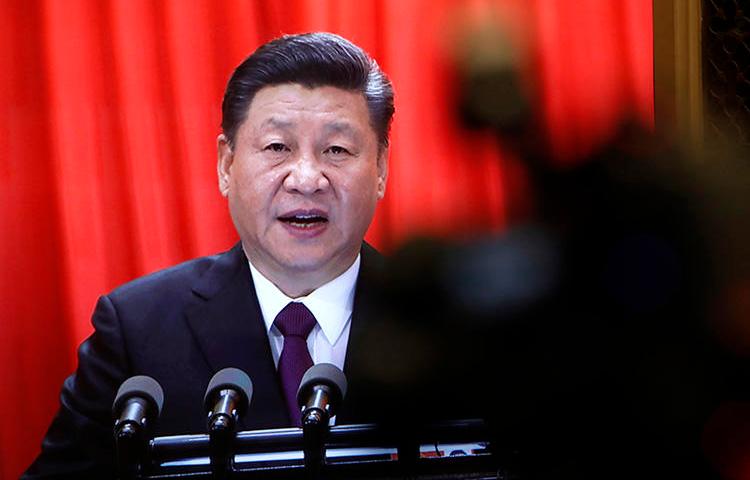
Censorship, surveillance, and harassment: China cracks down on critics
Hours after the Chinese Communist Party proposed a constitutional change last month to lift presidential term limits, any words or phrases that remotely suggested President Xi Jingping was seeking a life term were blocked from social media. Censors targeted everything from “Emperor Xi,” “The Emperor’s Dream,” and “Dream of Returning to the Great Qing,” to…
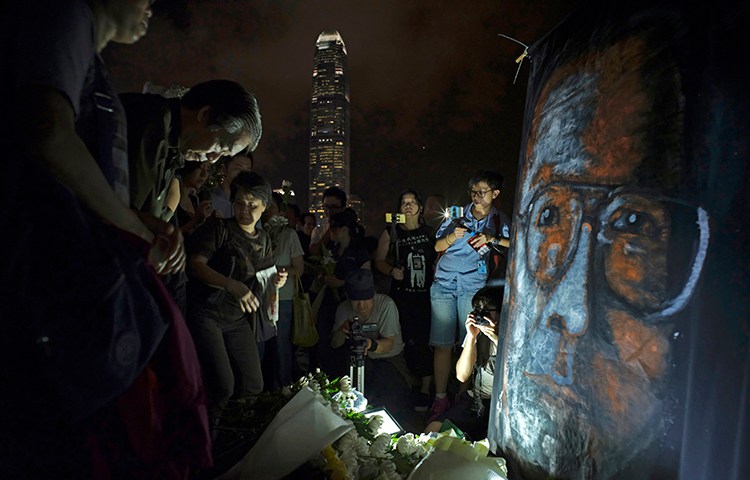
In China, medical neglect can amount to a death sentence for jailed journalists
Four months after Nobel laureate Liu Xiaobo died of liver cancer shortly after his release from jail on medical parole, the writer and journalist Yang Tongyan died under similar circumstances in a Shanghai hospital. Like Liu, Yang had been seriously ill for several years, but Chinese authorities granted him medical parole only three months before…
